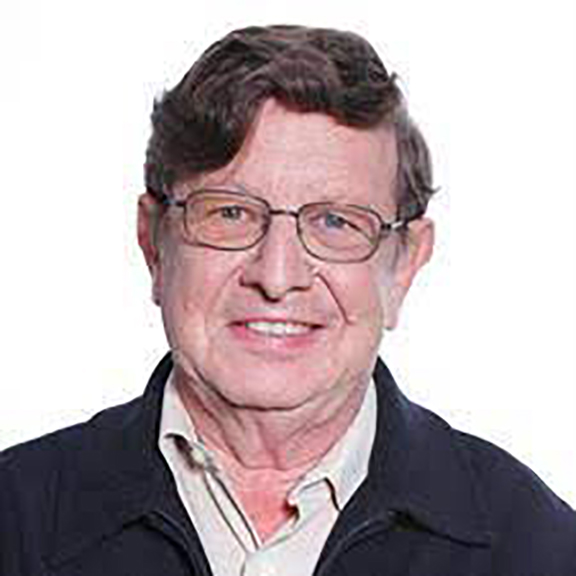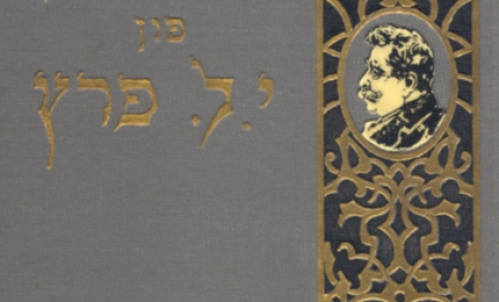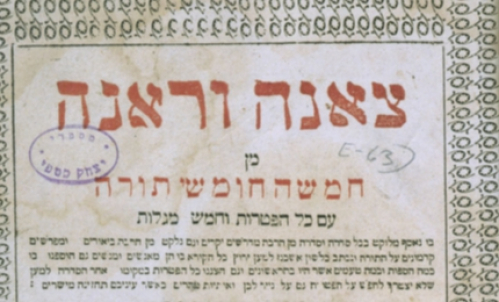Yiddish Women Writers (Part 2)

|
Yiddish Civilization Lecture Series
Admission: Free |
Avraham Novershtern | Delivered in Yiddish.
Any analysis of Yiddish poetry by women must take into consideration the interrelationship of many cultural factors: on the one hand, the difficulties met by women who chose to leave the traditional Jewish world and embrace modern secular culture; on the other hand, the structure of modern Yiddish culture in its manifold expressions — theater, press, literature.
The exposure of Jewish women in Eastern Europe to secular culture at the turn of the 20th century demanded the knowledge of non-Jewish languages, mainly Russian, Polish, or German. Jewish writers and cultural activists watched this phenomenon with concern. They embraced enthusiastically the beginnings of Yiddish literature written by women as a very welcome phenomenon of women returning to the fold of the Jewish cultural realm and taking part in the shaping of a Jewish cultural renaissance.
Yiddish women writers became prominent after World War I, mainly through poetry, the main dynamic factor in Yiddish literature in those days. But the 'target audience' of these works, the Yiddish literary establishment, was almost completely male. They expected women’s poetry to be 'soft', intimate', to deal with love, and to a certain extant with sex. Did Yiddish women poets accept or reject this view? One of the main features of Yiddish poetry by women is indeed its stubborn and dramatic struggle, whether open or tacit, with these expectations.
About the Speaker
Avraham Novershtern is professor emeritus from the Yiddish Program at the Hebrew University of Jerusalem. He has taught at the Uriel Weinreich Summer Program for many years. He currently serves as the director of Beit Sholem Aleichem in Tel Aviv, a cultural center devoted to Yiddish and the Eastern European Jewish Heritage.
Bibliography
Hellerstein, Kathryn, A Question of Tradition: Women Poets in Yiddish, 1586-1987, Stanford: Stanford University Press, 2014.
Hellerstein, Kathryn, Introduction to Kadya Molodowsky's Paper Bridges: Selected Poems of Kadya Molodowsky, Detroit: Wayne State University Press, 1999, pp. 17-60.
Sokoloff, Naomi B., Anne Lapidus Lerner and Anita Norich (ed.), Gender and Text in Modern Hebrew and Yiddish Literature, New York: Jewish Theological Seminary of America, 1992.
נאווערשטערן, אברהם, [אריינפיר], אנא מארגאלין, לידער, ירושלים: מאגנעס, 1991.
נוברשטרן, אברהם, "הקולות והמקהלה: שירת נשים ביידיש בין שתי מלחמות העולם", ביקורת ופרשנות, גל' 40 (אביב 2008), עמ' 145-61.
ניגער, שמואל, "פרויען-ליריק", ליטערארישע בלעטער, 5 (1928), 910-909.
ראוויטש, מלך, "מיידלעך, פרויען, ווייבער – יידישע דיכטערינס", ליטערארישע בלעטער, 4 (1927), 396-395

